The Coalition for App Fairness wants a more open iOS platform with a better review process, outside payments, and app distribution similar to Windows.
Apple has been under heavy scrutiny by app developers for its App Store policies. The Coalition's main concerns are seemingly random or unreasonable app submission denials, scam apps earning millions of dollars, and a marketplace built to help only top earners.
The Coalition for App Fairness (CAF) is made up of over 50 members consisting of app developers and companies that have petitioned Apple to improve conditions for app development and distribution. Four members of the Coalition spoke out during a short press conference on Monday to reaffirm their goals before a Wednesday hearing.
The press conference consisted of:
- Meghan DiMuzio, Executive Director of CAF
- David Heinemeier Hansson, Founder and CTO of Basecamp
- Derrick Morton, Founder and CEO of FlowPlay
- Kosta Eleftheriou, Founder of FlickType
Hansson's company Basecamp was in a lengthy battle with Apple in early 2020 over a new app called "Hey." Apple allowed the app onto the App Store at first, then later rejected it based on its business model. Basecamp did not want to share 30% of its revenue with Apple and fought back, ultimately finding a compromise with the company.
Hey is now available on the App Store due to adding a trial email client within the app so that users wouldn't have a unusable app at download. Basecamp is unable to advertise its subscription from within the app, and users must discover the service on their own.
The Basecamp issue was a prelude to the battle Apple had with Epic Games over Fortnite. Hansson uses Epic's lawsuit as a talking point when discussing issues with the App Store and the need for alternate distribution methods.
Kosta Eleftheriou is an iOS developer and creator of the app FlickType for Apple Watch. He is entwined in his own lawsuit against Apple, claiming the company uses its monopoly position to control what apps a user can download — sometimes to Apple's competitive advantage.
Eleftheriou says that the App Store review process is broken and allows scam apps through while making it hard for legitimate developers. He has been surfacing multiple scam apps that bring in millions in revenue to prove his point.
Derrick Morton is the third developer to speak out on the call. He is a game developer with years of experience and a number of apps on the App Store. He states that the App Store makes competition impossible for many developers due to how apps are shared.
Morton claims that the App Store places top earners at the forefront and leaves smaller developers to fend for themselves. The ability to find games that are not in the top 100 is minuscule at best, he says.
These claims have been heard in some form or another over the past year. Apple has taken steps to make the App Store better for developers, but the CAF says its efforts are nowhere near enough.
The question and answer portion was short and sweet, with little to no new information about the CAF's position. The first question asked if the issues presented were also a problem for Google developers, and the simple answer was yes.
The CAF hopes that they can use Apple as an example of what's happening in these closed ecosystems to have legislation passed. Sweeping laws affecting software distribution, monetization, and user control would affect many companies beyond Apple.
Another question addressed payment processing and Apple's requirements surrounding it. It inquired whether the CAF would be satisfied with a rule change allowing apps to use alternate payment methods outside of Apple's.
Hansson simply answered no. To expand, Morton said that the change would be welcome, but added that the damage is well beyond just alternate payment methods at this point. Without alternate app stores, Apple could deny a developer their business at any time.
The members pointed out the existence of platforms like macOS and Windows. Users can access apps via the web and download them without going through a dedicated store.
Eleftheriou pointed out that App Notarization could be used on iOS, similar to how it is used on macOS to enable web distribution of apps. Alternative app stores wouldn't even need to exist for this to work.
Hansson says that Windows is the best example of a free and open marketplace for digital consumers. There, platforms like Steam, Epic, and the Windows Store all compete on equal ground for consumer attention. On top of that competitiveness, developers have the choice to distribute software on any or all of these stores. When considering Windows, developers need not fear their app idea being denied by a monopoly power. Their app can exist in a multitude of ways.
On Wednesday, the CAF will have its first hearing with the Senate Judiciary Subcommittee on Competition Policy, Antitrust, and Consumer Rights. There they will make their case against Apple and begin the long process of pushing for new competition laws that will affect Apple, Google, Amazon, and others in the tech space.
Stay on top of all Apple news right from your HomePod. Say, "Hey, Siri, play AppleInsider," and you'll get the latest AppleInsider Podcast. Or ask your HomePod mini for "AppleInsider Daily" instead and you'll hear a fast update direct from our news team. And, if you're interested in Apple-centric home automation, say "Hey, Siri, play HomeKit Insider," and you'll be listening to our newest specialized podcast in moments.
 Wesley Hilliard
Wesley Hilliard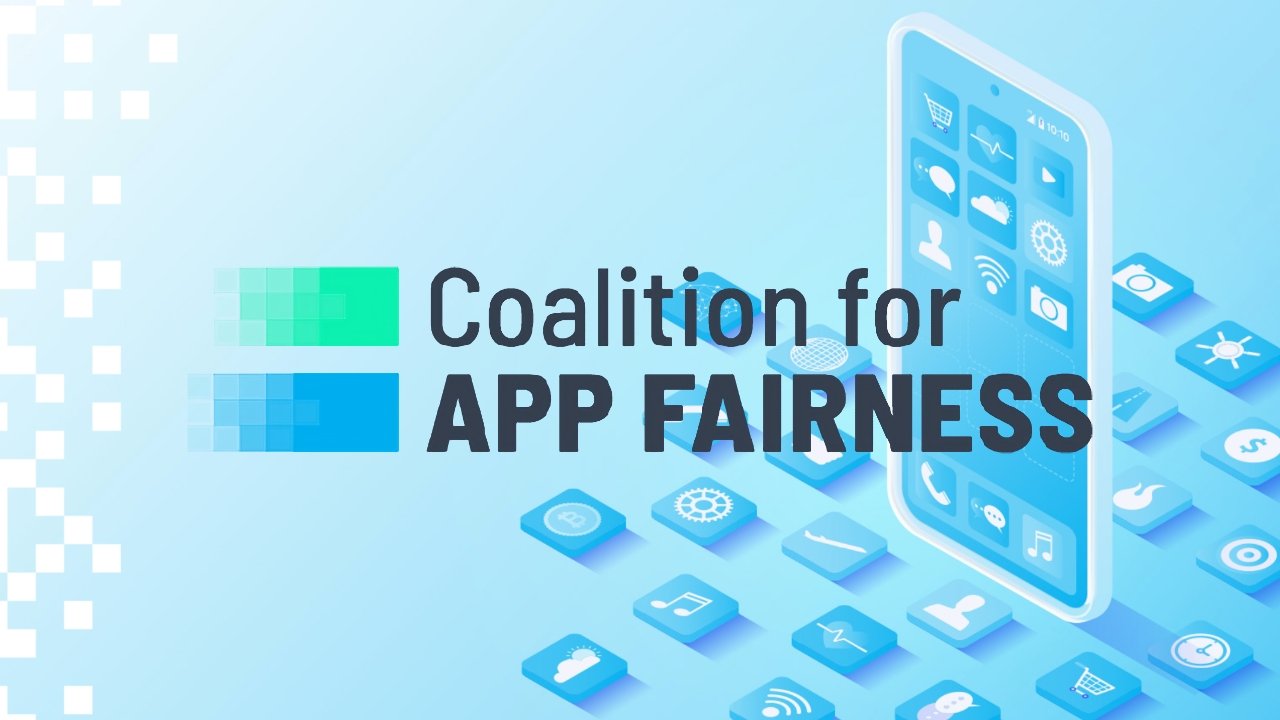
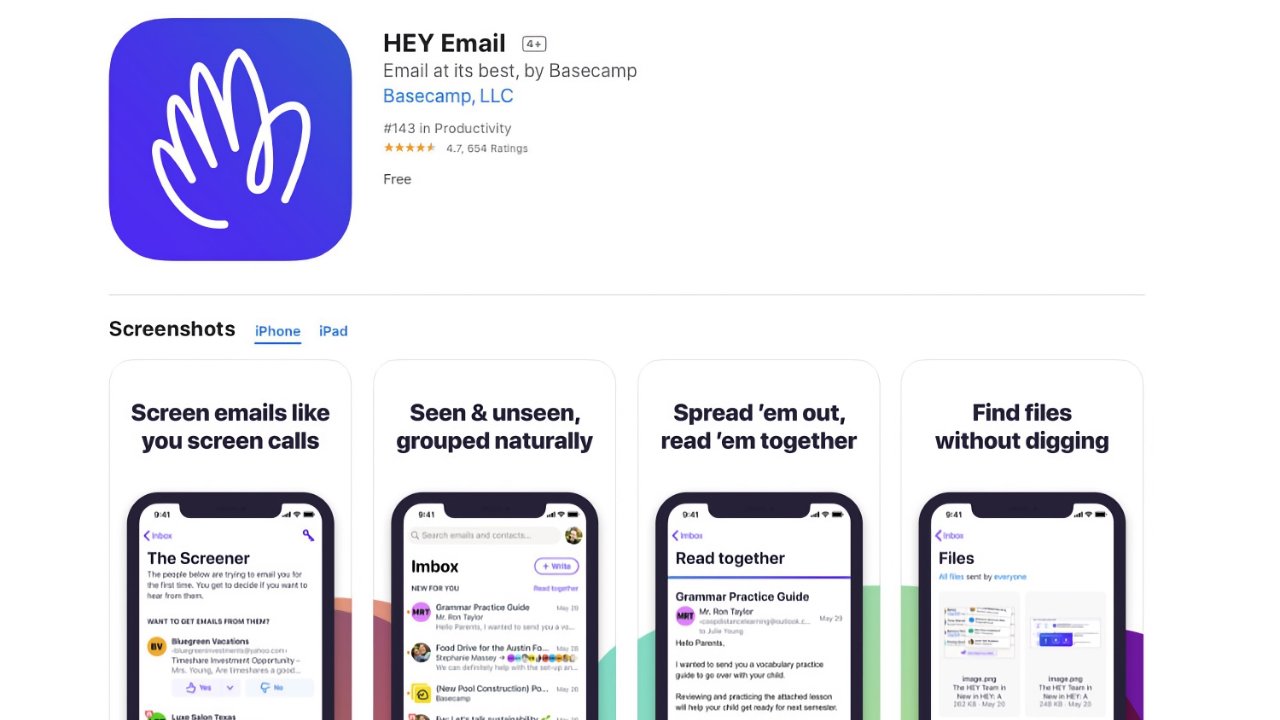
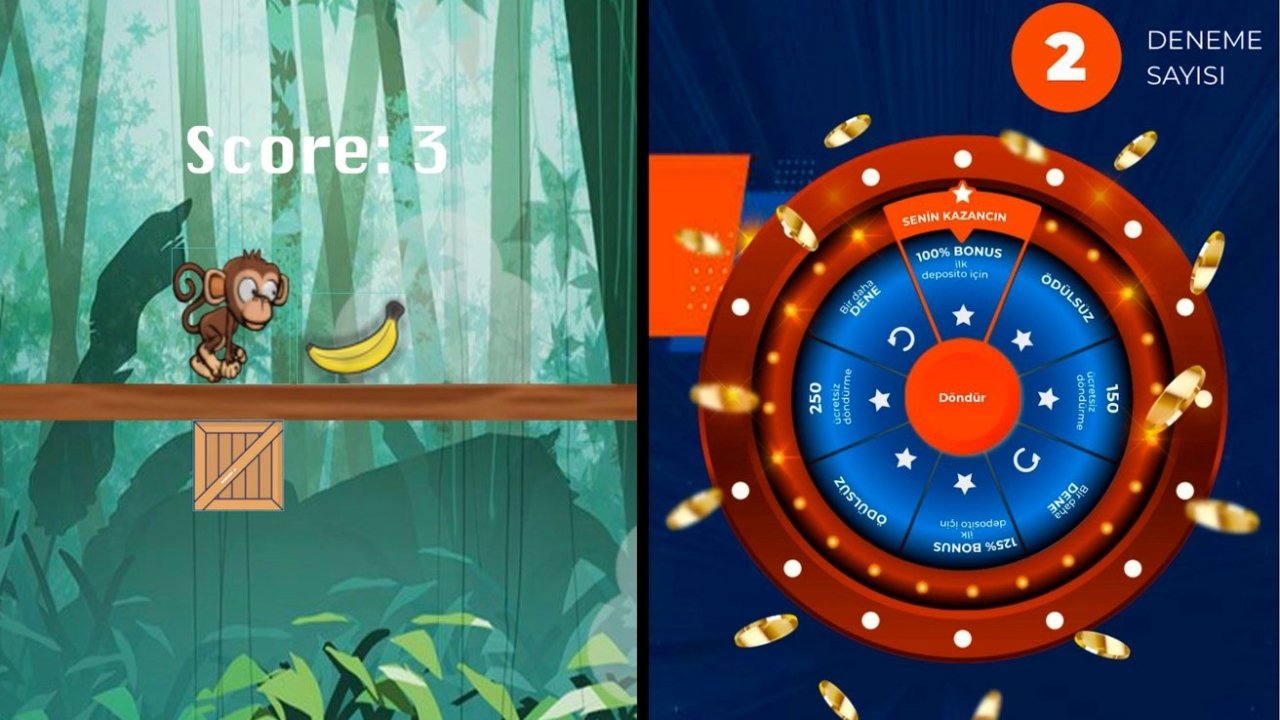
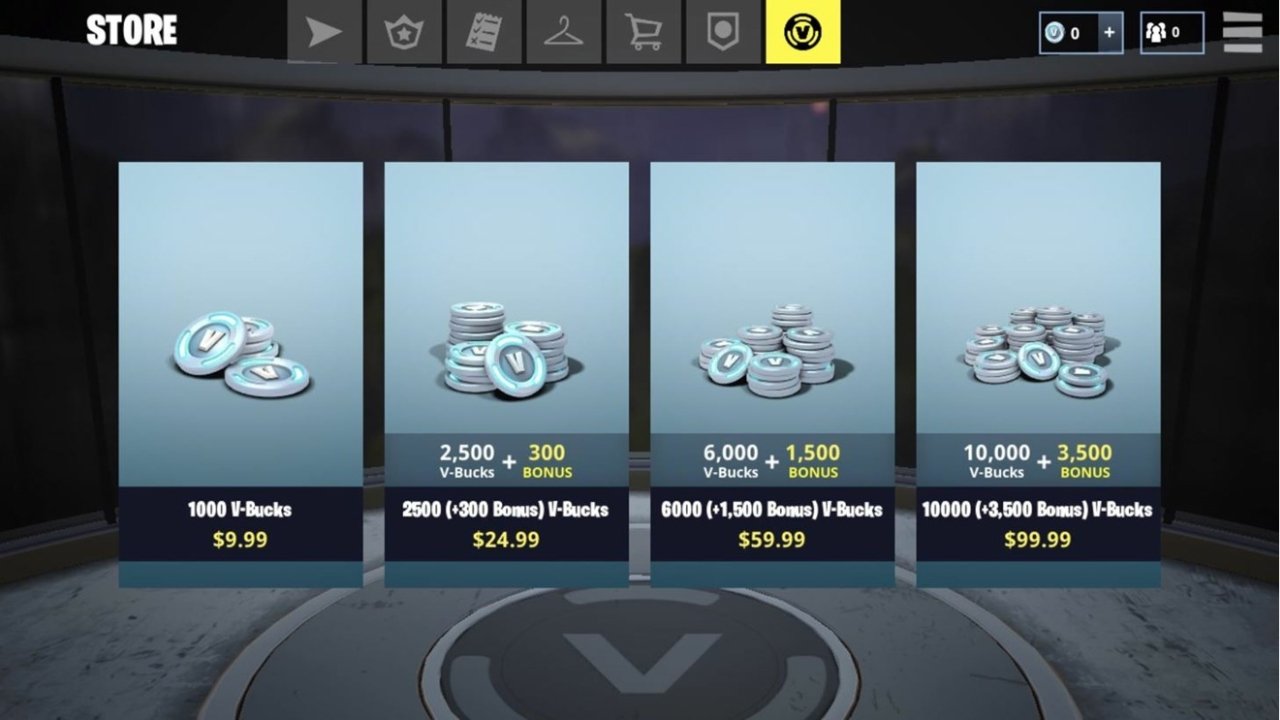







-m.jpg)






 Brian Patterson
Brian Patterson
 Charles Martin
Charles Martin


 Malcolm Owen
Malcolm Owen
 William Gallagher
William Gallagher
 Christine McKee
Christine McKee
 Marko Zivkovic
Marko Zivkovic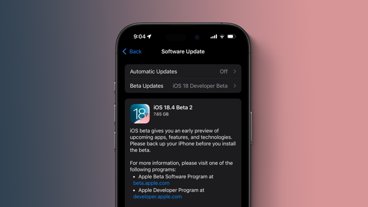







27 Comments
In short, because they can’t persuade to voluntarily accept their ideas, they prove the lack of values of their ideas by using the legislative approach. Good ideas don’t require force.
Why can’t they leave Apple alone. They are the most responsible company on the planet and there clowns are trying to undermine their operation to bring them into line with companies who are a lot less responsible. Absolutely ridiculous.
They simply do not understand what the iOS App Store does and why it can't work 'like macOS' or 'like Widows'.
Literally these people: Can we have all the benefits of the App Store while simultaneously contributing nothing to the App Store.